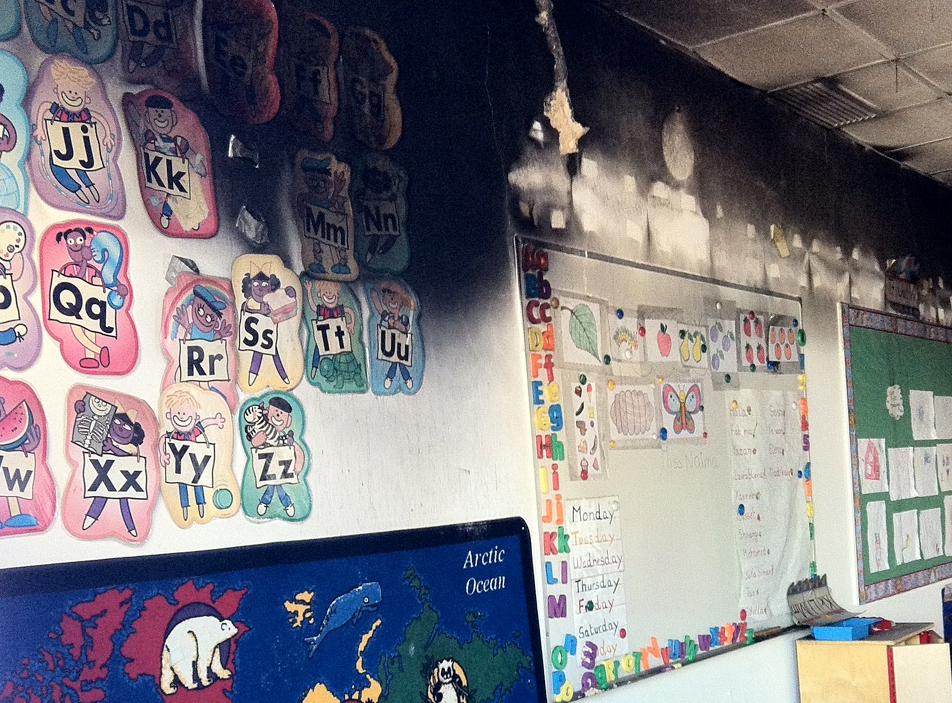Sir,
Your report, 13 September, of Prime Minister-elect Mustafa Abushagur’s unequivocal condemnation of the killers of Ambassador Chris Stevens and his compatriots . . .[restrict]and his further stated resolve that they should be caught and punished, is indeed encouraging. The heinous murder of a man who was without doubt, a true friend of Libya and its people, and an unequivocal supporter of Libya’s first steps on the path to a democratic future, is both tragic and depressing.
Mr Abushagur then goes on to confirm the critical importance of disarming the plethora of disparate groups, who, whilst playing a critical part in the Revolution, now, by their very existence threaten the very thing that they fought for, namely a free and democratic Libya.
Mr Abushagur does not deny the enormity of the task, and recognises that the Libyan government may well need help in this respect, but none the less appeals to the goodwill of Libyans towards the greater good, in his request that people hand in their weapons.
Alas, I fear that goodwill alone may not be enough. It seems to me that the Libyan government may have to call on the assistance of a more worldly partner, that age old motivator of mankind, money. Whilst Civil Society in Libya is still in its infancy, the power and prestige that owning a weapon conveys, particularly amongst the younger members of society, is likely to prove intoxicating. To voluntarily relinquish that power in return for little or no reward, as a gesture of general benevolence to the nascent state, is in my opinion, likely to be an infrequent occurrence.
Paying, or indeed over paying people to hand in their weapons seems to me the simplest and quickest route to disarmament, and the emergence of the official state security forces as the only legitimate holders of military weapons. Weapons for sporting and personal protection purposes would then be licensed, as is the norm in most democratic societies, and the penalties for owning an unlicensed weapon would be severe.
An exercise in paying for weapons handed in could well cost a lot of money, possibly several billions of dollars, and there may be many that would argue that Libya cannot afford it. I would argue the reverse. The purchase of surrendered weapons should not be looked at as a cost, but rather as an investment in the Libya’s democratic future, and an essential investment at that. Unless this exercise is carried out swiftly, there is a serious danger that the weapons will be used by different groups, each pursuing their own selfish agenda, and this use will in turn spark hatred and thirst for revenge by others, until the spiral of chaos and violence destroys the hopeful and inspiring experiment which is a free and democratic Libya.
If the rule of law and a strong Civil Society can be established in Libya, then the future will indeed be bright, and investors will flock to Libya’s shores brining prosperity with them, and the investment in the disarmament exercise will yield exponential returns.
In the immortal words of Shakespeare,
“There is a tide in the affairs of men. Which, taken at the flood, leads on to fortune; omitted, all the voyage of their life is bound in shallows and in miseries.? On such a full sea are we now afloat,? and we must take the current when it serves,? or lose our ventures.”
No man could have written a more appropriate appraisal of where Libya now stands.
Yours sincerely,
Peter Grant, UK [/restrict]


